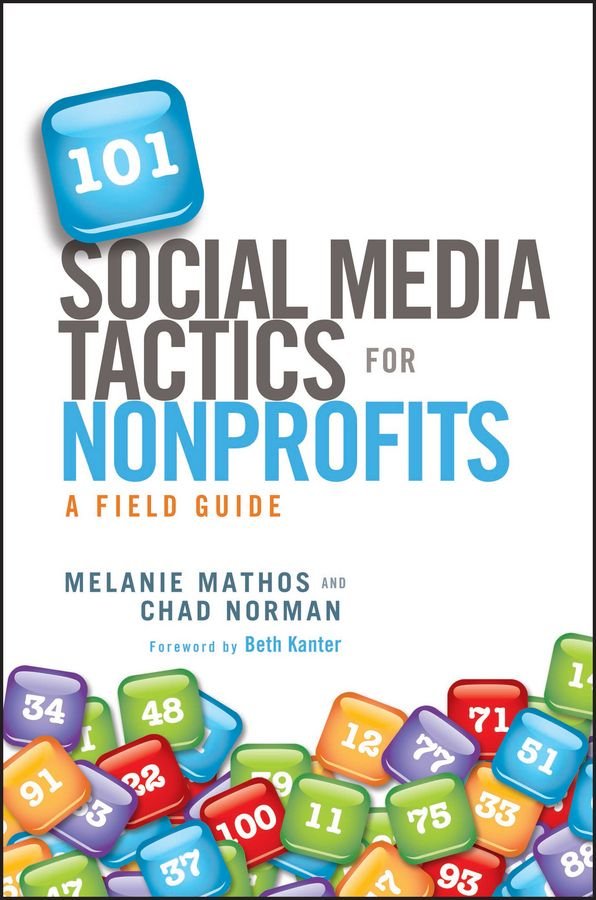This handbook is the definitive source of research on the differences among family firms. It provides a timely and thorough investigation of the variant strategies and behaviors undertaken by family firms today, taking a closer look at different configurations of family involvement and how they influence outcomes and success. While studies on differences between family and non-family firms are deeply rooted in the literature, this handbook uniquely examines the family firm heterogeneity research to date and the inner firm governance, financial and non-financial objectives, and strategies such as innovation, competitive dynamics, internationalization, and human resources management. The handbook pulls together the work of the most prominent names in family business from around the world, separating itself from the competition both in content and geographical scope. Future research directions provided in each chapter will spark further interdisciplinary scholarly work, and will be enlightening for researchers, educators, and practitioners who are currently limited to the narrow and exclusive literature and advance the burgeoning research on this important topic.












